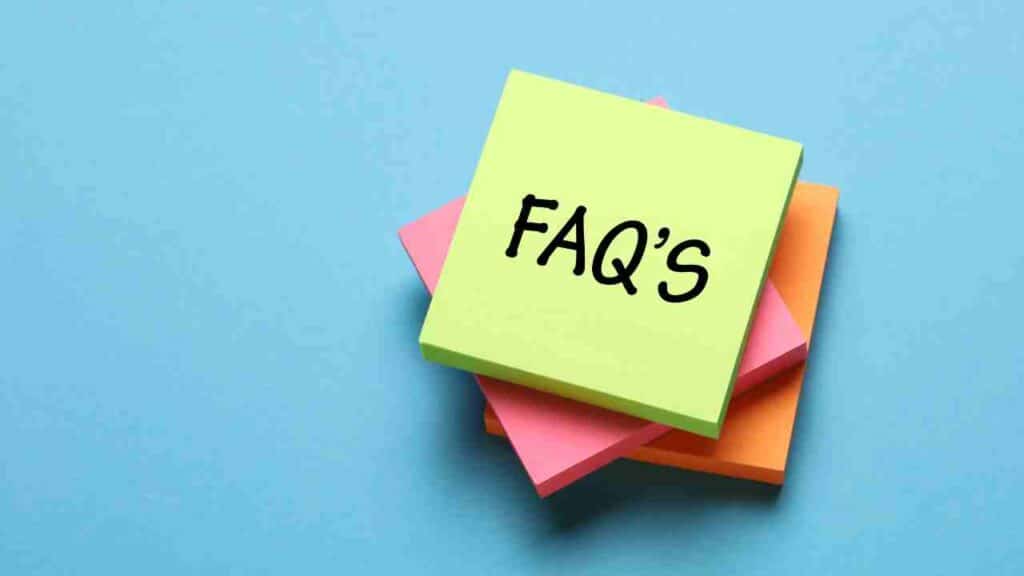Leveraging CRM for Data Retention

In today’s digital age, data is the lifeblood of businesses. It provides valuable insights into customer behavior, preferences, and trends, which can be used to drive strategic decision-making and improve overall business performance. However, managing and retaining this data can be a daunting task, especially for small businesses with limited resources.
This is where Customer Relationship Management (CRM) systems come into play. CRM systems are powerful tools that enable businesses to effectively manage their customer data, streamline processes, and enhance customer relationships. In this article, we will explore how businesses can leverage CRM for data retention and the benefits it can bring.
The Importance of Data Retention
Data retention refers to the practice of storing and preserving data for future use. It is crucial for businesses to retain customer data for several reasons:
- Customer Insights: By retaining customer data, businesses can gain valuable insights into customer behavior, preferences, and buying patterns. This information can be used to personalize marketing campaigns, improve customer service, and drive customer loyalty.
- Compliance: Many industries have strict regulations regarding data retention. By adhering to these regulations, businesses can avoid legal issues and potential fines.
- Business Continuity: Data retention ensures that businesses have access to historical data in case of system failures, data breaches, or other unforeseen events. This allows for business continuity and minimizes the impact of such incidents.
The Role of CRM in Data Retention
A CRM system serves as a centralized repository for customer data, making it easier for businesses to manage and retain their data effectively. Here are some ways in which CRM systems can help with data retention:
1. Centralized Data Storage
A CRM system allows businesses to store all customer-related data in one place. This includes contact information, purchase history, communication logs, and more. By centralizing data storage, businesses can easily access and retrieve customer information whenever needed.
For example, let’s consider a small e-commerce business. With a CRM system in place, the business can store customer data such as names, email addresses, and purchase history. This data can then be used to personalize marketing campaigns, recommend relevant products, and provide better customer service.
2. Data Segmentation and Organization
CRM systems enable businesses to segment and organize their customer data based on various criteria such as demographics, purchase history, and engagement levels. This segmentation allows businesses to target specific customer groups with personalized marketing messages and offers.
For instance, a clothing retailer can segment their customer data based on gender, age, and purchase history. This segmentation can help them create targeted email campaigns, offering discounts on specific products to the right audience. By doing so, they can increase customer engagement and drive sales.
3. Automation and Workflow Management
CRM systems offer automation and workflow management capabilities, which can streamline data retention processes. Businesses can set up automated workflows to capture and store customer data, ensuring that no valuable information is lost.
For example, a CRM system can be configured to automatically capture customer data from various touchpoints such as website forms, email inquiries, and social media interactions. This eliminates the need for manual data entry and reduces the chances of data loss or duplication.
4. Data Security and Privacy
Data security and privacy are paramount when it comes to data retention. CRM systems provide robust security measures to protect customer data from unauthorized access, data breaches, and other security threats.
For instance, CRM systems often offer features such as encryption, access controls, and audit trails to ensure data security. Additionally, businesses can implement data privacy policies and obtain customer consent to collect and retain their data in compliance with privacy regulations.
Case Study: XYZ Company
Let’s take a look at how XYZ Company, a small software development firm, leveraged CRM for data retention and reaped significant benefits.
XYZ Company implemented a CRM system to streamline its customer data management processes. They used the CRM system to store customer contact information, project details, and communication logs. By doing so, they were able to:
- Efficiently track and manage customer interactions, ensuring that no communication was missed or overlooked.
- Access historical project data, allowing for better project management and decision-making.
- Personalize their marketing campaigns based on customer preferences and past interactions.
- Improve customer satisfaction by providing timely and relevant support.
Overall, the CRM system helped XYZ Company enhance its data retention capabilities, resulting in improved customer relationships and business performance.
Get Your FREE 14-Day Trial and Take Your Business To The Next Level with an All-In-One Sales and Marketing Platform for businesses, agencies and marketers.
Data retention is crucial for businesses to gain valuable insights, ensure compliance, and maintain business continuity. CRM systems play a vital role in helping businesses effectively manage and retain their customer data. By leveraging CRM for data retention, businesses can centralize data storage, segment and organize data, automate processes, and ensure data security and privacy.
With the right CRM system in place, businesses can unlock the full potential of their customer data and drive growth. If you’re looking for an all-in-one sales and marketing platform for small businesses, agency owners, and marketers, consider checking out SaasExpert.ca. It offers a comprehensive CRM solution that can help you streamline your data retention processes and take your business to new heights.
Learn more about “Automating Data Collection with a CRM Platform” here.
Frequently asked questions about Leveraging CRM for Data Retention

Why is data retention essential, and how can a CRM help in this regard? 🤔
Data retention is pivotal for several reasons:
Historical Analysis: Retaining data allows businesses to analyze trends over time and make informed decisions 📊.
Compliance: Some industries require data retention for regulatory reasons 📜.
Customer Insights: Past data can offer insights into customer behaviors, preferences, and pain points 💡. CRM platforms excel in facilitating data retention by organizing, securing, and making historical data easily accessible for insights and future engagements 📚.
How can I ensure data integrity while retaining data over a long period in my CRM? 🕰️
Maintaining data integrity is key! Here’s how:
Regular Audits: Periodically review data for inconsistencies, errors, or duplicates 🧐.
Automated Clean-up: Utilize CRM features that auto-detect and rectify data anomalies 🔧.
Training: Ensure team members know the best practices for data entry to maintain quality from the source 🏫.
Version Control: Use CRMs that save different versions of records, allowing easy recovery if data is accidentally altered 🔄.
What features should I look for in a CRM to optimize data retention strategies? 🧠
A few must-have features include:
Scalability: As your business grows, so will your data. Ensure the CRM can handle increasing volumes 🌱.
Security Features: Look for encryption, two-factor authentication, and role-based access for data protection 🔐.
Backup and Recovery: Automated backups and easy data recovery options are essential to prevent data loss ☁️.
Compliance Tools: Features that help in adhering to data protection regulations specific to your industry 🚫📜.
How does leveraging data retention in CRM enhance customer relationships? 💞
A well-maintained historical database can:
Personalized Interactions: Past data provides context, allowing businesses to tailor communications based on previous engagements and preferences 💌.
Faster Issue Resolution: Access to a customer’s history enables quicker understanding and addressing of concerns 🚀.
Proactive Engagement: Insights from historical data can predict future needs, allowing businesses to proactively offer solutions or promotions 🔮.
Build Trust: Showing customers that you remember and value their history with your brand fosters trust and loyalty 💖
How do I balance data retention with privacy concerns, especially in light of GDPR and other regulations? ⚖️
Striking the right balance is crucial!
Clear Policies: Have transparent data retention policies and communicate them to customers 📜.
Regular Purging: Not all data needs indefinite retention. Schedule regular clean-ups to remove outdated or unnecessary information 🗑️.
Consent Management: Use CRM tools to track and manage user consents, ensuring you have the right to store and process their data ✅.
Stay Updated: Regularly review and update practices in line with evolving data protection regulations to ensure compliance 🔄.







